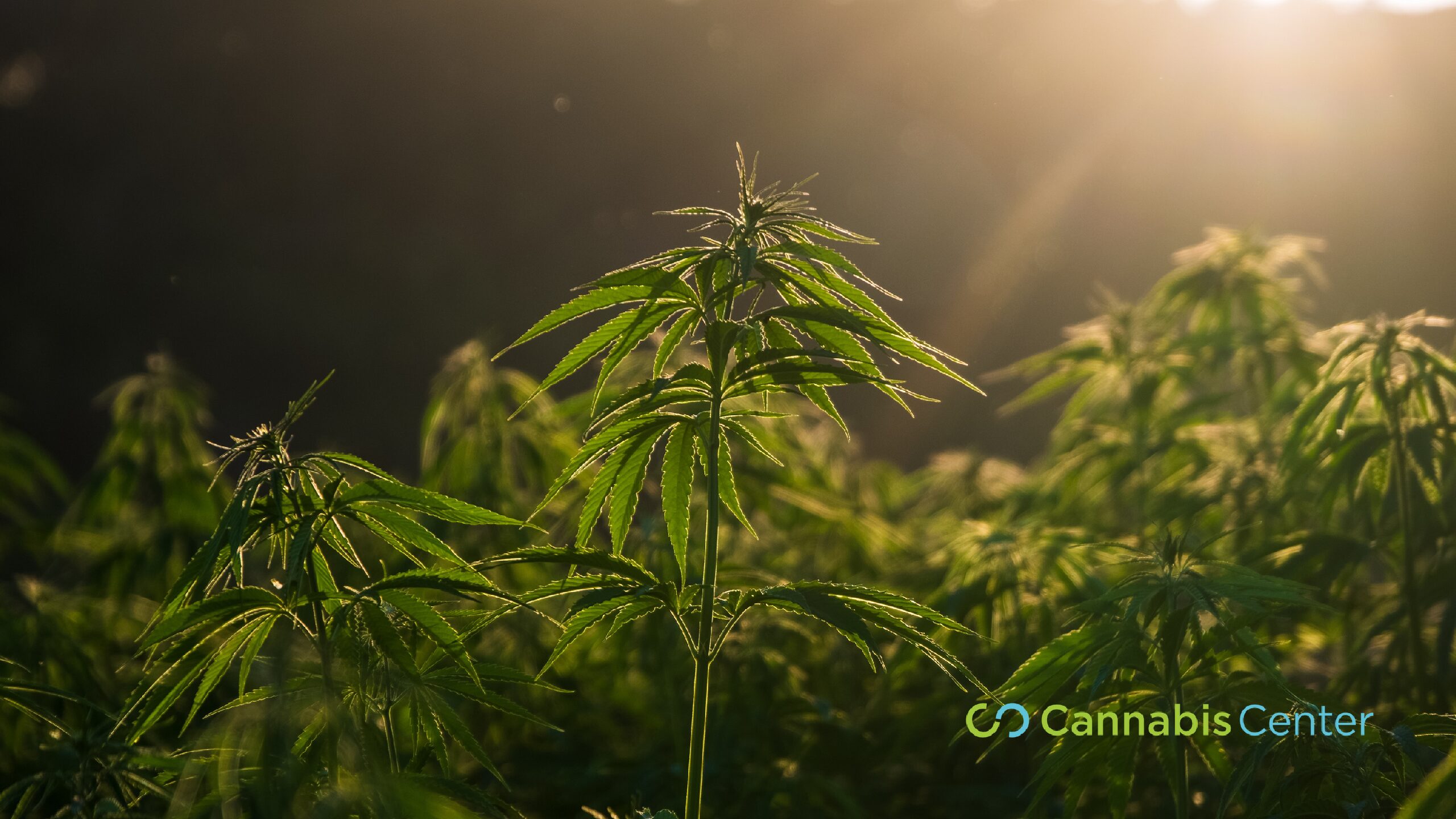
Cannabis is a hotly debated topic in global politics: many countries and regions are in the process of revising their legislation around THC.
Cannabis in Switzerland
Scientific basis for legislation is established
The Swiss government wants a scientific basis for the legal regulation of THC. Therefore, an amendment to the law came into force on 15 May 2021. Through this, scientific pilot trials with cannabis are possible on a local and time-limited basis.
Legality and CBD legal situation in Switzerland
Due to the component tetrahydrocannabinol (THC), cannabis in Switzerland falls under the prohibited substances anchored in the Narcotics Act. The legal situation in Switzerland is therefore mild. Thus, up to ten grams for personal consumption or delivery to adults are not punishable. Those who carry more than this amount can expect a fine of 100 francs.
Legality of certain CBD products
Cannabis cultivation is legal in Switzerland for private individuals. The decisive factor is the THC content, which may not exceed one percent. The sale of products with a lower THC content is legal if they meet certain quality criteria. These differ depending on the category of the products. For example, certain cannabis-based medicines and CBD buds as a tobacco substitute are legal.
CBD/THC legalisation in Germany
Until 2022, possession, cultivation, purchase and sale of cannabis were prohibited in Germany. A new proposed law is to allow the purchase of marijuana in specialised shops for persons over 18 years of age.
Cannabis release to be discussed in expert hearings
Five expert hearings are to help with the technical preparation of cannabis legalisation in Germany. The hearings will discuss issues around health and youth protection, supply chains, punishability as well as international experiences. The results form the basis for the new draft law. According to expert opinions, it may take until the beginning of 2024 before cannabis is legalised in Germany.
Where is cannabis sold in Germany?
According to the coalition agreement of the SPD, Grüne and the FDP, cannabis sales in Germany should be possible in licensed shops, for example in pharmacies. Their staff would have to be specially trained for the sale, because their task, according to Federal Minister of Justice Marco Buschmann (FDP), would be “to provide information about the products and to counteract risky cannabis use, especially among recognisably addicted persons”.
Legalisation of CBD/THC in Austria
Anyone who cultivates, possesses or traffics marijuana in Austria risks up to one year imprisonment or a fine of 360 daily rates. The only exception is the carrying of small amounts for personal use. In this case, up to 40 grams of the THC precursor THCA and up to 20 grams of pure THC are allowed.
Those who carry less than these amounts will be charged, but if there are no previous convictions for drug offences, the case is usually dropped. Overall, few criminal charges are filed for cannabis possession in Austria. According to “Moment Magazine”, around 31,000 charges for marijuana were dropped without a verdict in 2019.
No plans for cannabis legalisation in Austria
According to the situation report on drug-related crime 2020 of the Federal Ministry of the Interior, more than 13 million euros have been turned over with illegal cannabis on the Austrian black market. Advocates of cannabis legalisation see this as a positive argument: legalisation would not only bring in taxes, but also curb the black market. State regulations could limit the addition of harmful substances. Cannabis is already used in Austrian medicine, for example as an alternative treatment method in cancer therapy. However, the Austrian government currently has no plans to legalise cannabis.
Legalisation of CBD/THC in France
Until 2021, France was restrictive on cannabis use and possession. Neither was allowed even for therapeutic purposes. Then, in March 2021, the French government approved a medical cannabis experiment.
In March 2022, France legalised the cultivation and production of cannabis for medical purposes. This was based on an amendment to the law published in February. It lays down certain specifications that cannabis must meet in order to be recognised as a medicine. The production is also regulated: The final product must be produced according to Good Manufacturing Practice – GMP. This is to ensure quality and safety for therapeutic use.
How did the law change?
In many other countries, cannabis is successfully used in research and medicine. This put the French government in a bind. In order not to fall further behind, the parliamentary committee finally asked the French government for a new regulation of the conservative cannabis laws. However, a similar motion for controlled private consumption of THC was rejected by the parliamentarians.
CBD/THC legalisation in Italy
620,000 people signed a petition to legalise cannabis cultivation within a few days. This number is enough to start a referendum. However, the Constitutional Court declared the referendum inadmissible due to deficiencies in the petition letter. In addition to the cultivation of the cannabis plant, this would also have allowed the cultivation of opium poppies and coca leaves. As these form the basis for hard drugs, allowing them would have violated international obligations to combat drug-related crime.
Micro plantations for cannabis should be allowed in Italy
At the end of 2019, the Court of Cassation in Rome ruled that the cultivation of minimal amounts of cannabis for personal use must be allowed. The judicial commission of the Chamber of Deputies then specified four hemp plants to be the maximum quantity. In addition, it is planned to punish trafficking in light drugs less severely. With these changes in the law, the government hopes to weaken the mafia, which largely controls the trade in light drugs.
Second highest per capita consumption of cannabis is in Italy
Advocates argue above all with the positive effects of cannabis in medicine, for example in pain therapy. However, the failure of prohibition is also cited: After the Danes, the Italians consume the most cannabis in the entire EU area, reveal the figures of the EU Drugs Monitoring Agency.
Legalisation of CBD/THC worldwide
The legal and political status of cannabis varies worldwide. For example, the medical use of cannabis is often permitted, but recreational use is prohibited. Political attempts to restrict these possibilities have so far been unsuccessful.
Russia is the European country with the most people imprisoned for drug offences. Many also for cannabis, because its cultivation, possession and sale is illegal. It is possible, however, that the prohibition will be relaxed in favour of medical use in the future.
Those who use drugs in Namibia face up to 40 years in prison. However, the laws are rarely enforced when cannabis is used. This leads to high levels of use in society and cross-border trafficking.
The cultural image of cannabis use in Japan has changed dramatically. Until 1948, cannabis was part of spiritual and religious rituals. It was also used to make rope and textiles. However, since the introduction of the US Cannabis Control Act, sale and cultivation are prohibited in Japan and use is illegal and socially frowned upon.
Legalisation of CBD/THC in the EU
In 1961, the “Single Convention on Narcotic Drugs” defined cannabis as a category I and IV drug. European narcotics laws are still based on the contents of these conventions today. The regulation of cultivation, possession and sale of drugs is the responsibility of the member states. In 2004, however, they agreed on minimum penalties for the commercial cultivation and sale of cannabis.
According to the UN Convention, the medical use of cannabis is not prohibited. However, cannabis-based therapies are only permitted in five EU member states: the Netherlands, the Czech Republic, Italy, Croatia and, since 2017, Germany.
Many EU states relax cannabis laws
In the course of a reorientation of drug policy, many EU states have reduced the penalties for cannabis use. Portugal made a start in 2001 by decriminalizing possession of drugs for personal use, followed by Slovenia, the Czech Republic, Croatia and Malta. Prompted by the legalisation of cannabis in Uruguay in 2013, several European countries are discussing new legislation. A possible pioneer could be the Netherlands. There, the lower house of parliament voted in favor of legalising commercial cannabis cultivation in 2017.







